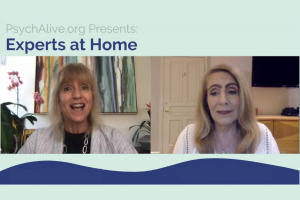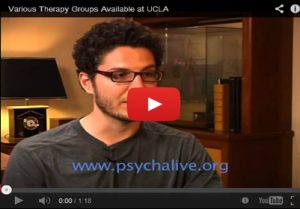“I’m not procrastinating; I’m building social capital:” Two Ways You’re Being Productive on Facebook

All too often, I’ve gotten off Facebook and realized that somehow two hours have gone by. I’m always surprised, wondering how I could’ve possibly spent that long on the popular social networking site that we all know and love (and sometimes hate). It’s probably not that difficult for fellow users to imagine the types of things I’ve been doing (“liking” statuses, instant messaging, nosily browsing photos posted by people who went to my high school), but what are we actually doing when we’re on Facebook? And is it emotionally beneficial to us in any way?
One study, conducted at Michigan State University, discusses the role Facebook plays in our lives as a means of building and maintaining of “social capital”. Social capital is defined as “the resources accumulated through the relationships among people” (Ellison, 2007). Essentially, it’s the sum of ways (practical, emotional, physical, etc.) in which we can ultimately benefit from our connections with others and from being a part of various networks (at college, at work, etc.). Examples of cashing in our social capital range from learning useful information from a friend, to establishing an emotionally beneficial personal relationship, to getting a job through an acquaintance. The study, by observing how we use Facebook, found two unique ways in which Facebook might be helping our generation build and maintain social capital.
1.Building Bridging Social Capital- Think about certain Facebook friends you’ve met at college. You’ve spoken with them once or twice, and one of you added the other on Facebook, but you don’t see or speak to them all that often. Occasionally, however, you learn about an event on campus from an invite they send you or you “like” their statuses. Additionally, when you see that they are a friend of another acquaintance of yours, you feel connected and part of a network. These weak ties are discussed in the study as “bridging social capital”. Facebook appears to help us turn “latent ties” (ties that are possible, but not activated) into these weak ties. This may seem inconsequential, but weak ties have the potential to encourage exposure to varied perspectives and ultimately increase tolerance. Also, the study found that Facebook may increase the well-being and the college experiences of students with lower self-esteem because it eliminates certain obstacles to creating bridging social capital.
2.Maintaining Social Capital- Moving away 9 hours to go to college was difficult, and I remember being comforted by exchanging Facebook messages with friends from home. A group of friends and I had a thread that we would regularly contribute to, updating each other about our lives at college. A generation ago, this wasn’t possible. The study discusses that for college students it can sometimes be a traumatic experience moving away from an area where all of a person’s social relationships are centered. Such a move can be accompanied by feelings of grief over the loss of old friends, sometimes called “friendsickness”, but it was found that an overwhelming percentage of college students use Facebook to stay in touch with friends from high school, and that Facebook might help make this transition easier by helping us to maintain the social capital gained from our relationships back home.
Of course, Facebook obviously has its downsides, and decreased self-esteem has been found by other studies in Facebook users who engage in behaviors such as comparison and over-sharing; however, there is something to be said for having an organized, online space where we can manage our relationships and maintain connections. Ultimately, we know we would probably be better served by getting off Facebook and getting something done, but if you’re not quite ready to start that research paper, don’t worry. You’re building social capital!
Ellison, N. B., Steinfield, C., & Lampe, C. (2007). The benefits of Facebook “friends:” Social capital and college students’ use of online social network sites. Journal of Computer-Mediated Communication, 12(4), article 1. http://jcmc.indiana.edu/vol12/issue4/ellison.html
 Erin O’Leary studies literature at the University of California, Santa Barbara. She works with sbSNAP (Santa Barbara Special Needs Adaptive Programs), and recently worked as the Dating & Relationships Editor at Reasons to be Beautiful Magazine, an online magazine that works to promote self-confidence in young women. For her own well-being, she reads, meditates, and practices yoga. Erin graduates in June and she hopes to continue writing and exploring what it means to be a happy, self-aware human being.
Erin O’Leary studies literature at the University of California, Santa Barbara. She works with sbSNAP (Santa Barbara Special Needs Adaptive Programs), and recently worked as the Dating & Relationships Editor at Reasons to be Beautiful Magazine, an online magazine that works to promote self-confidence in young women. For her own well-being, she reads, meditates, and practices yoga. Erin graduates in June and she hopes to continue writing and exploring what it means to be a happy, self-aware human being.







Leave a Reply